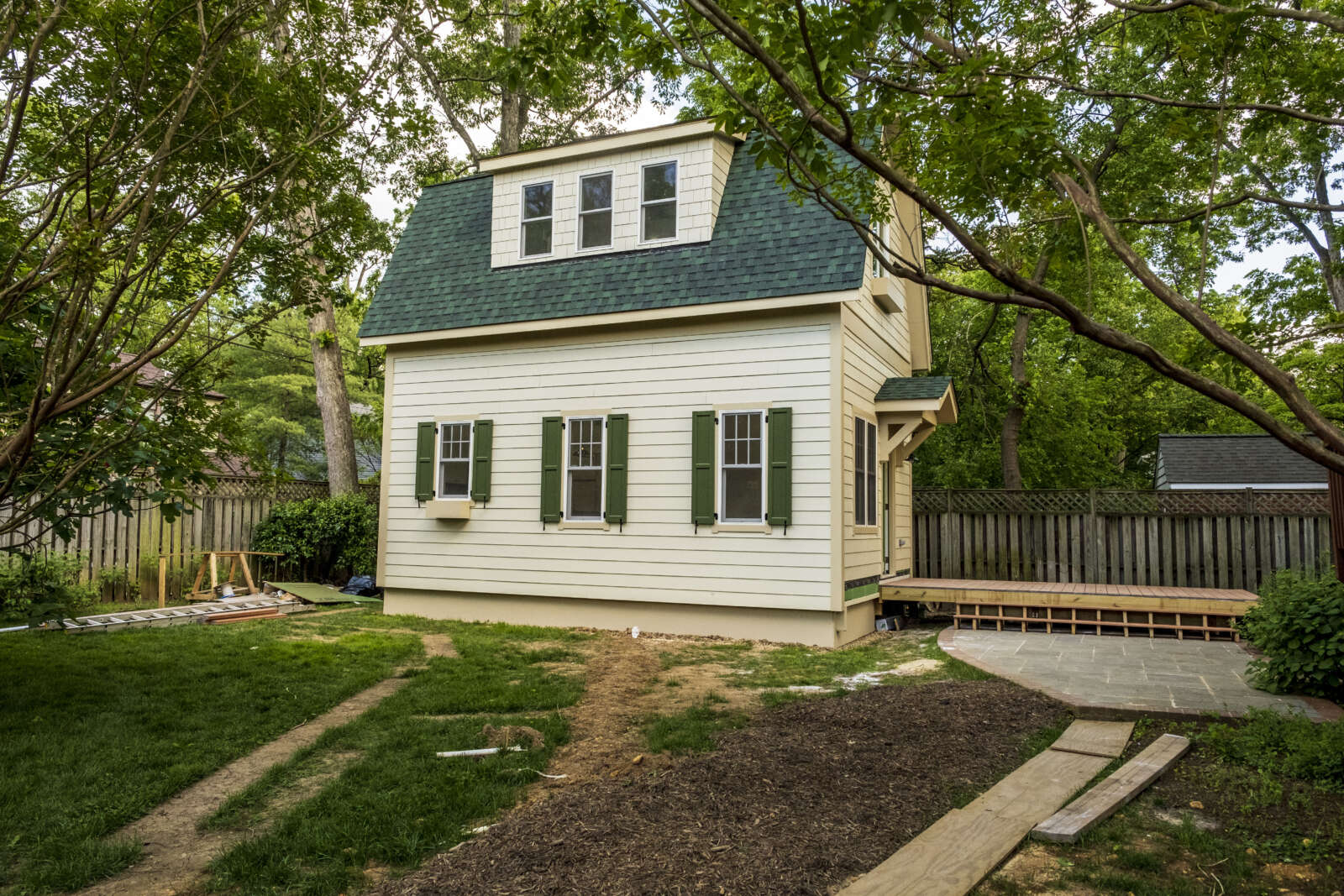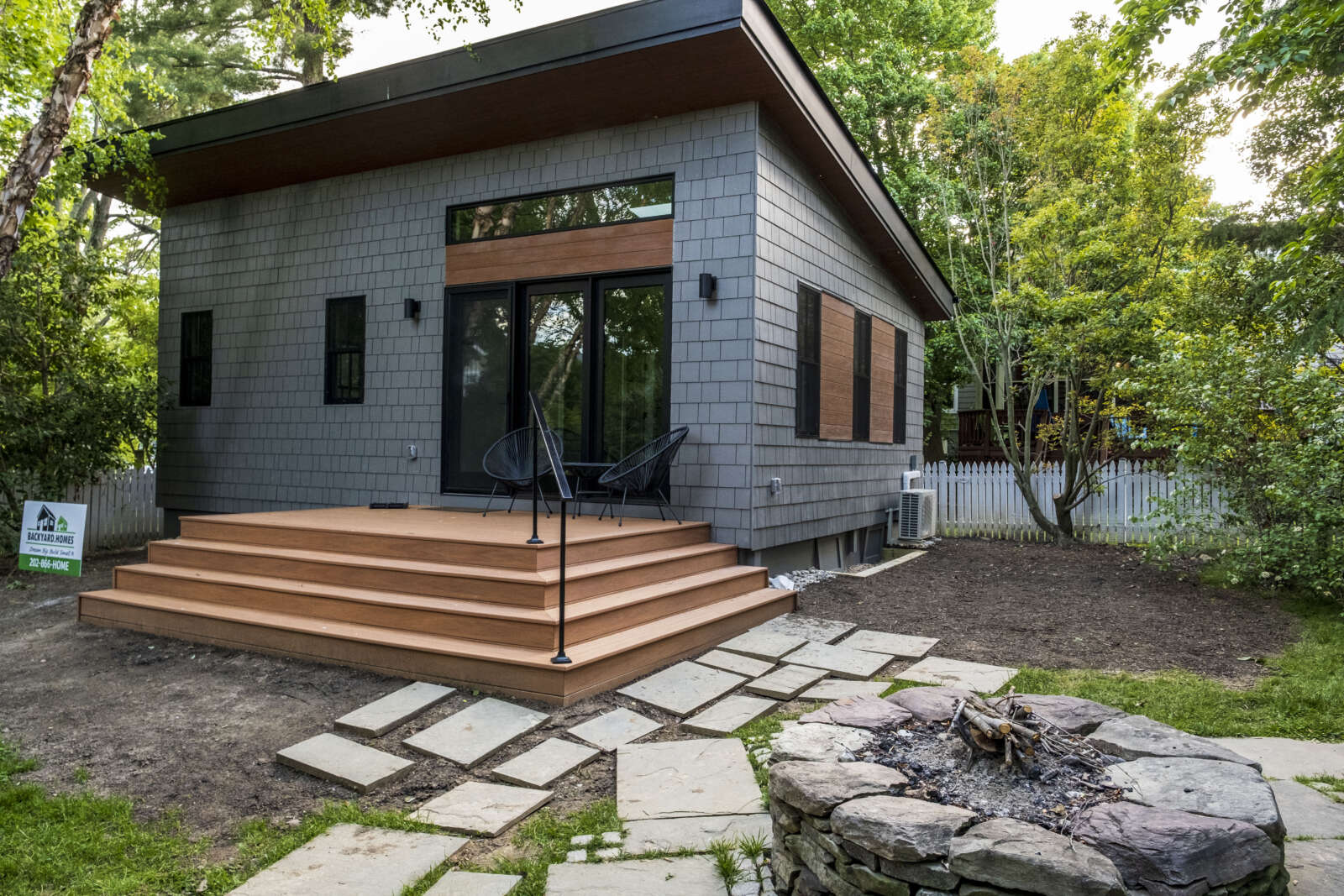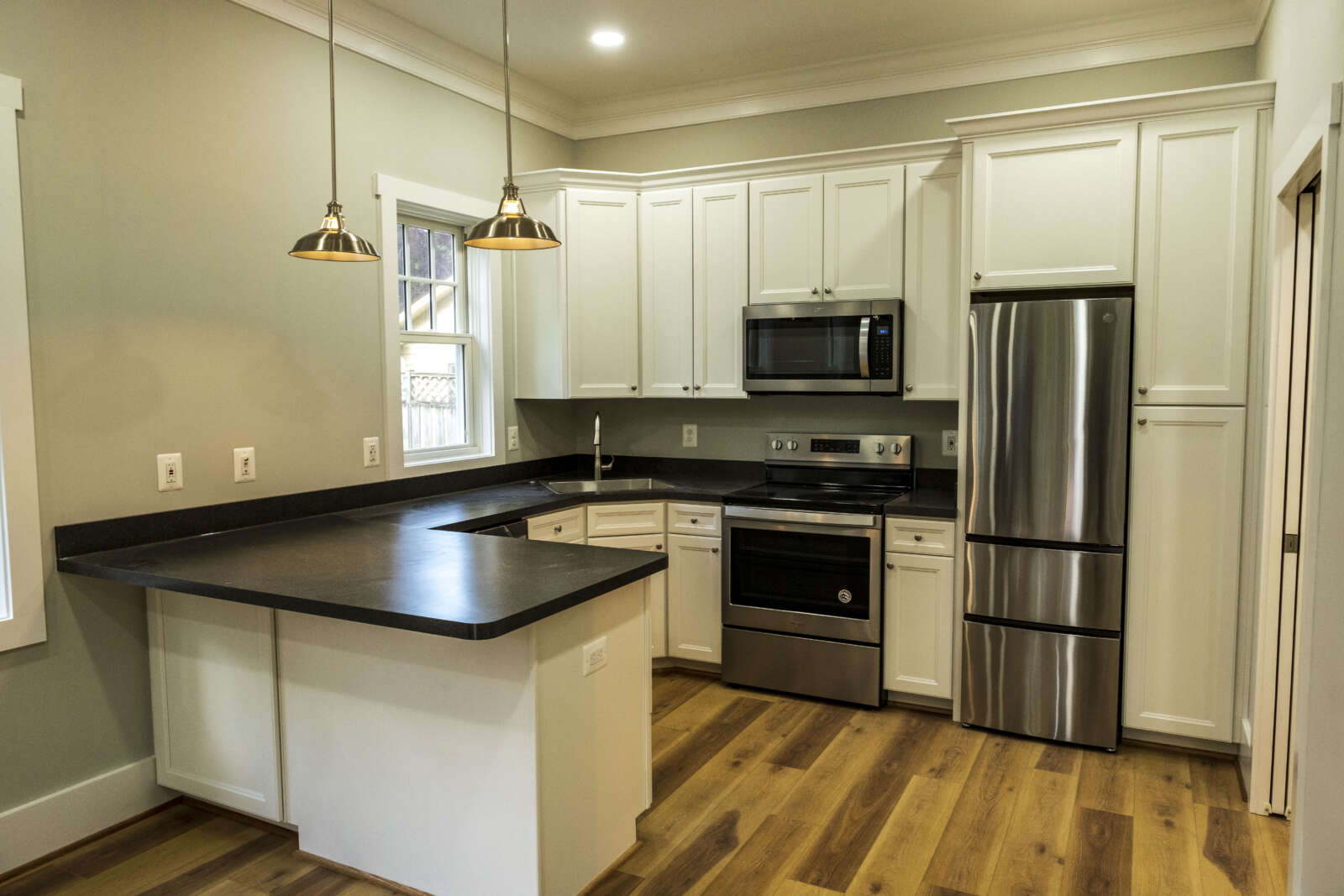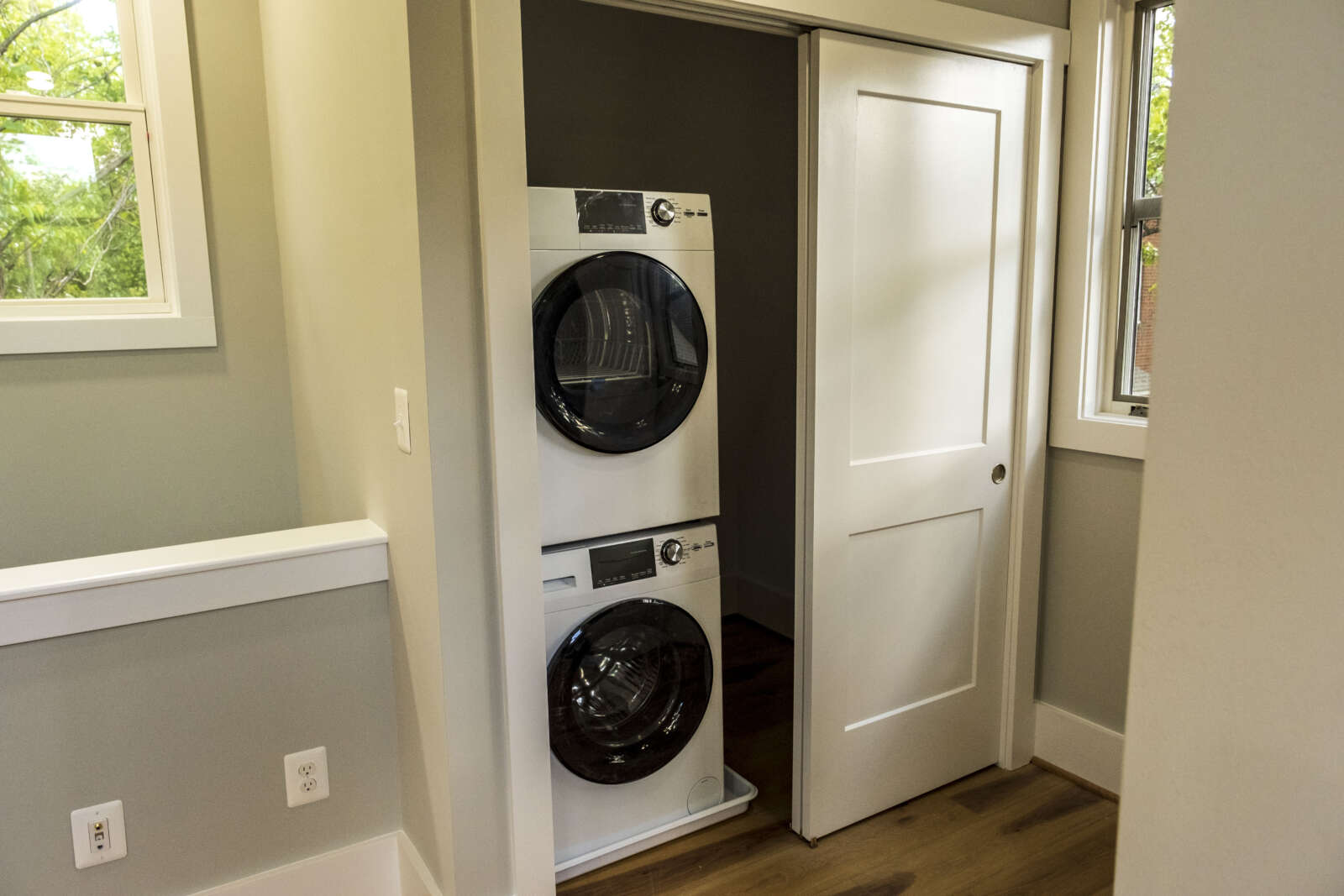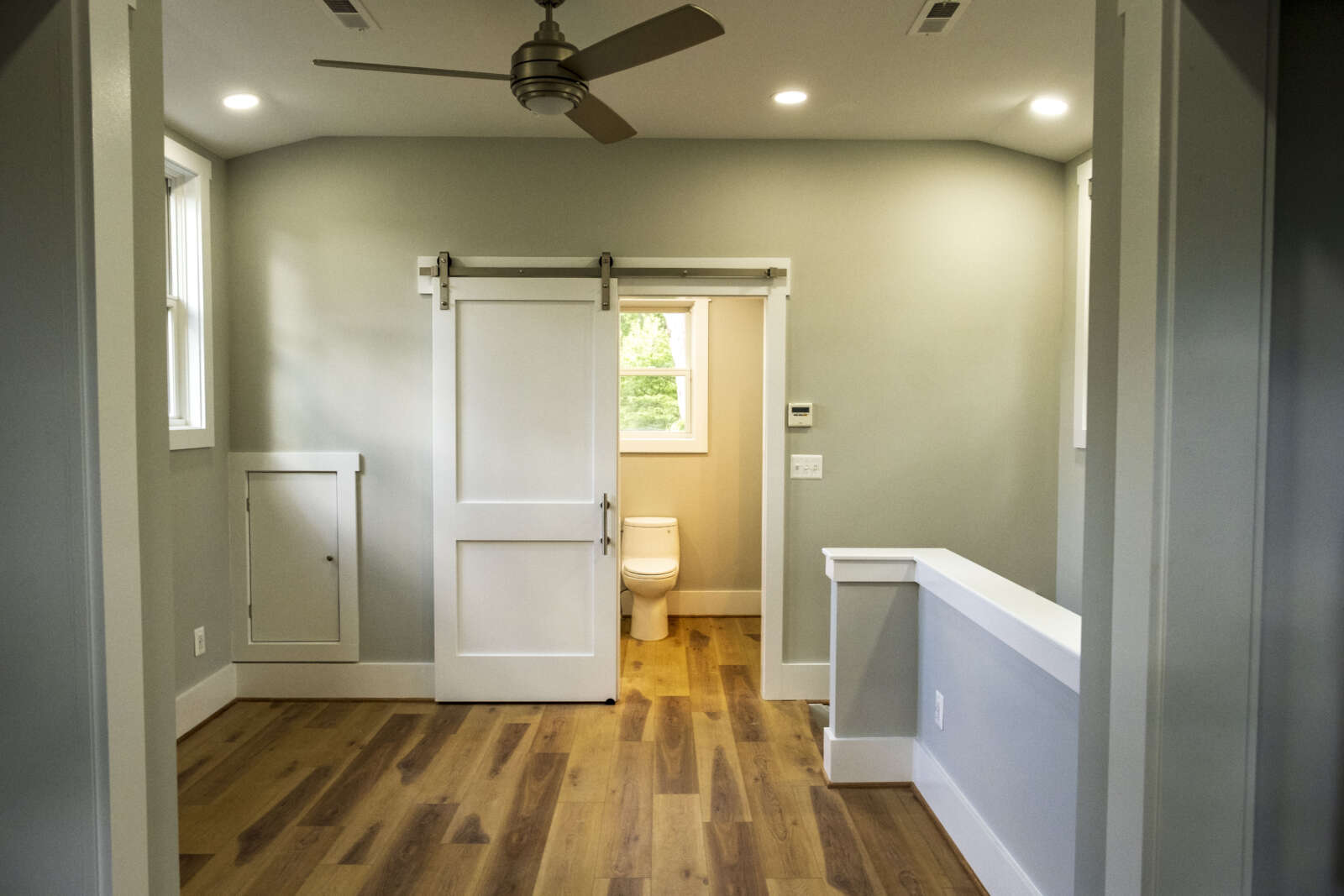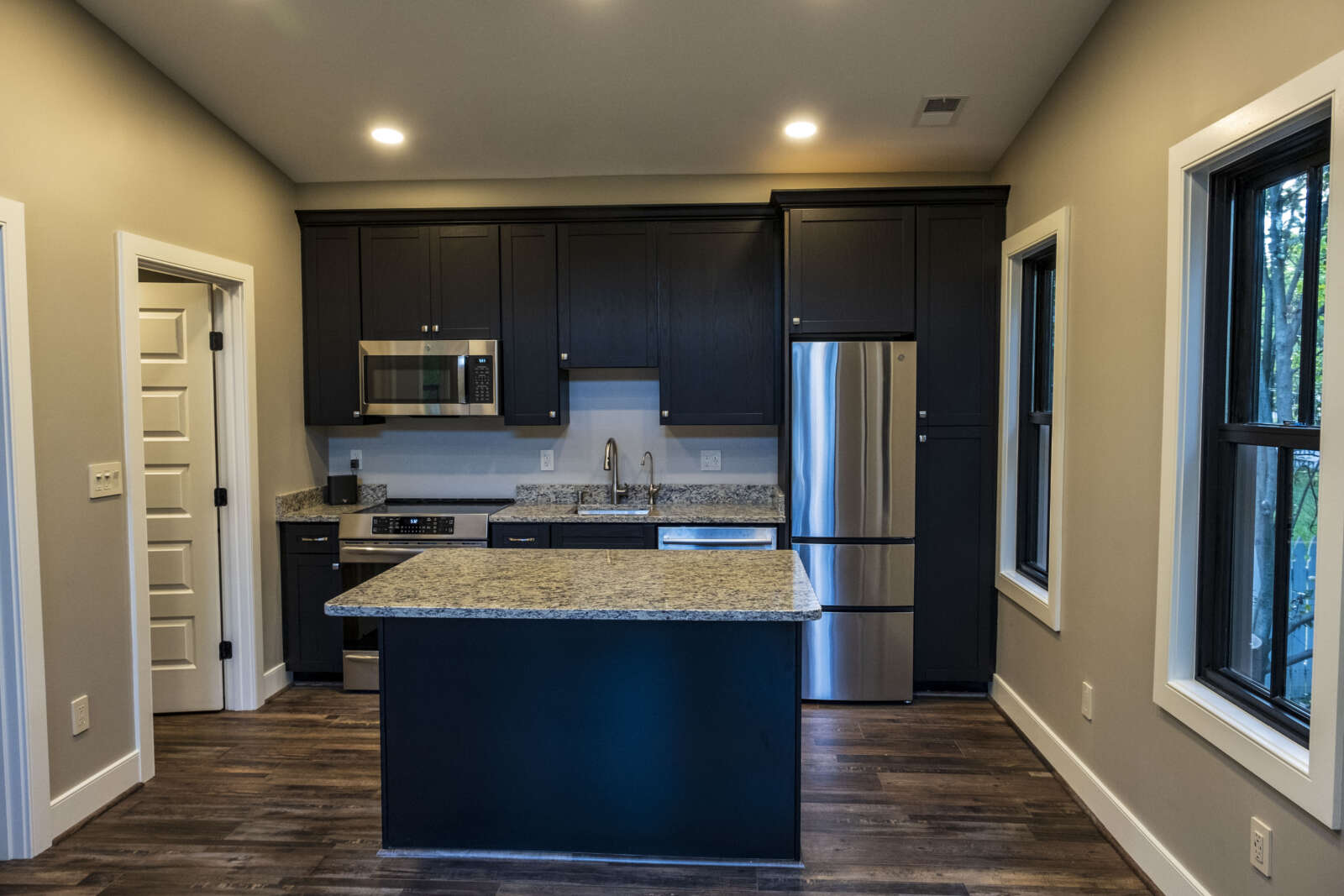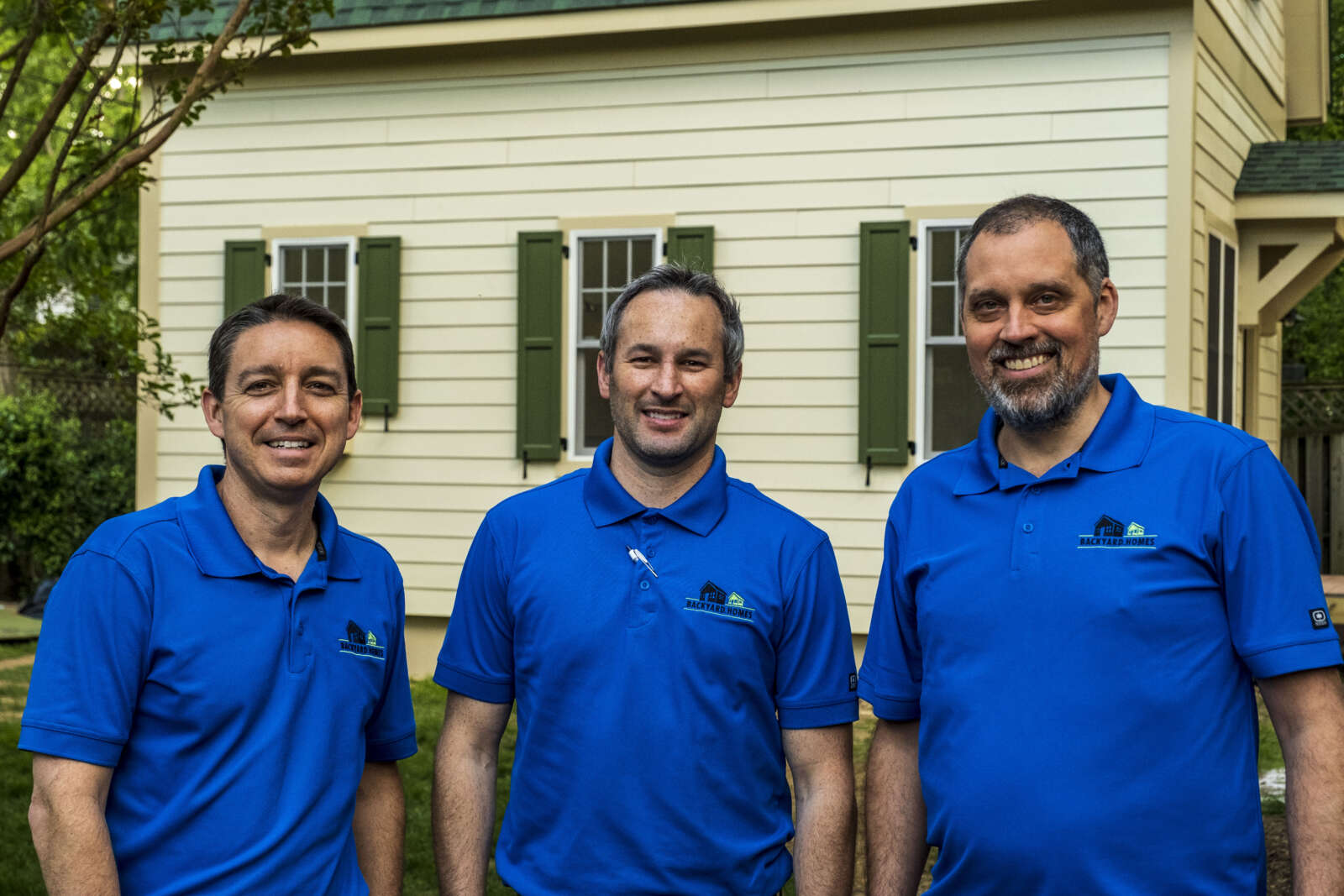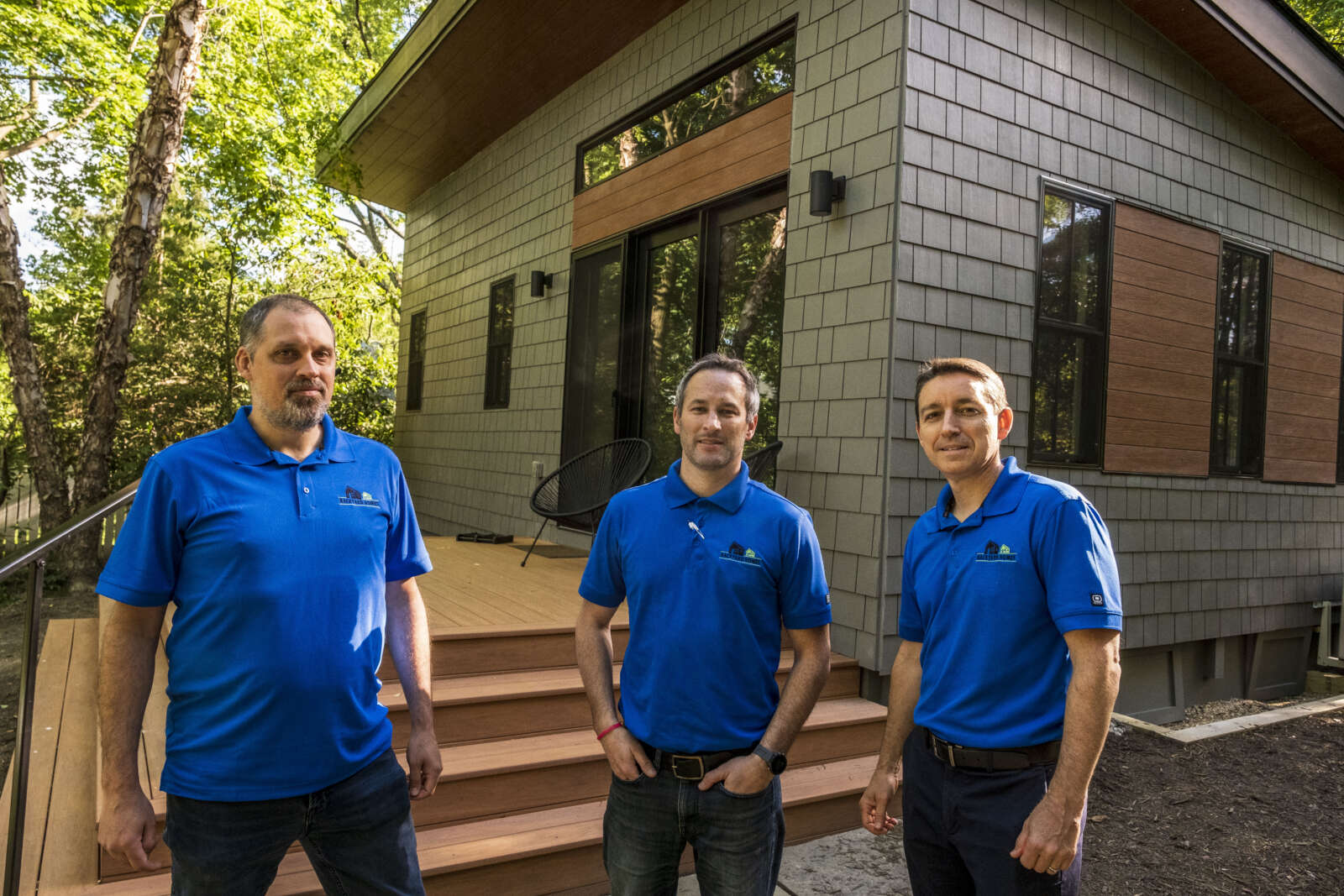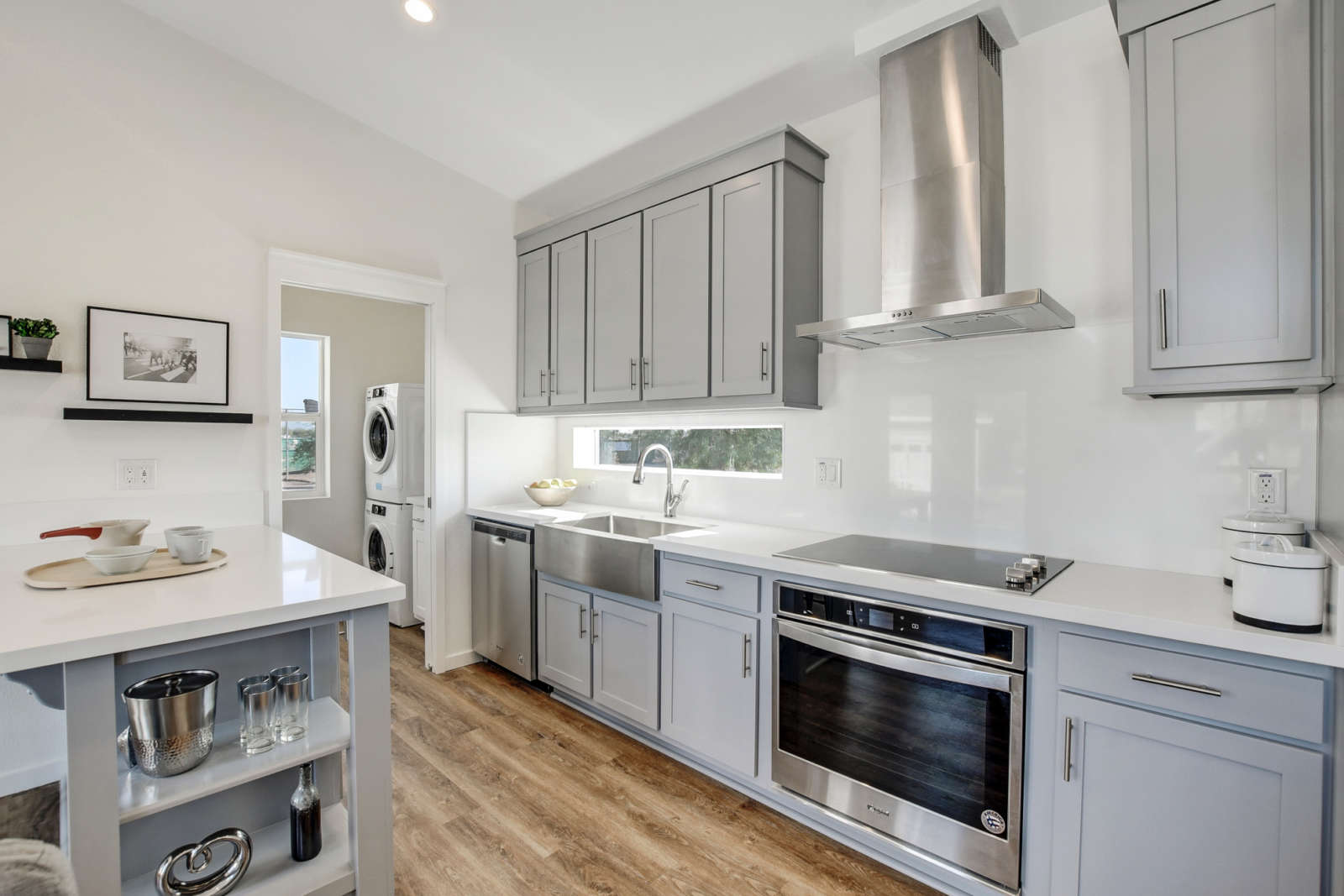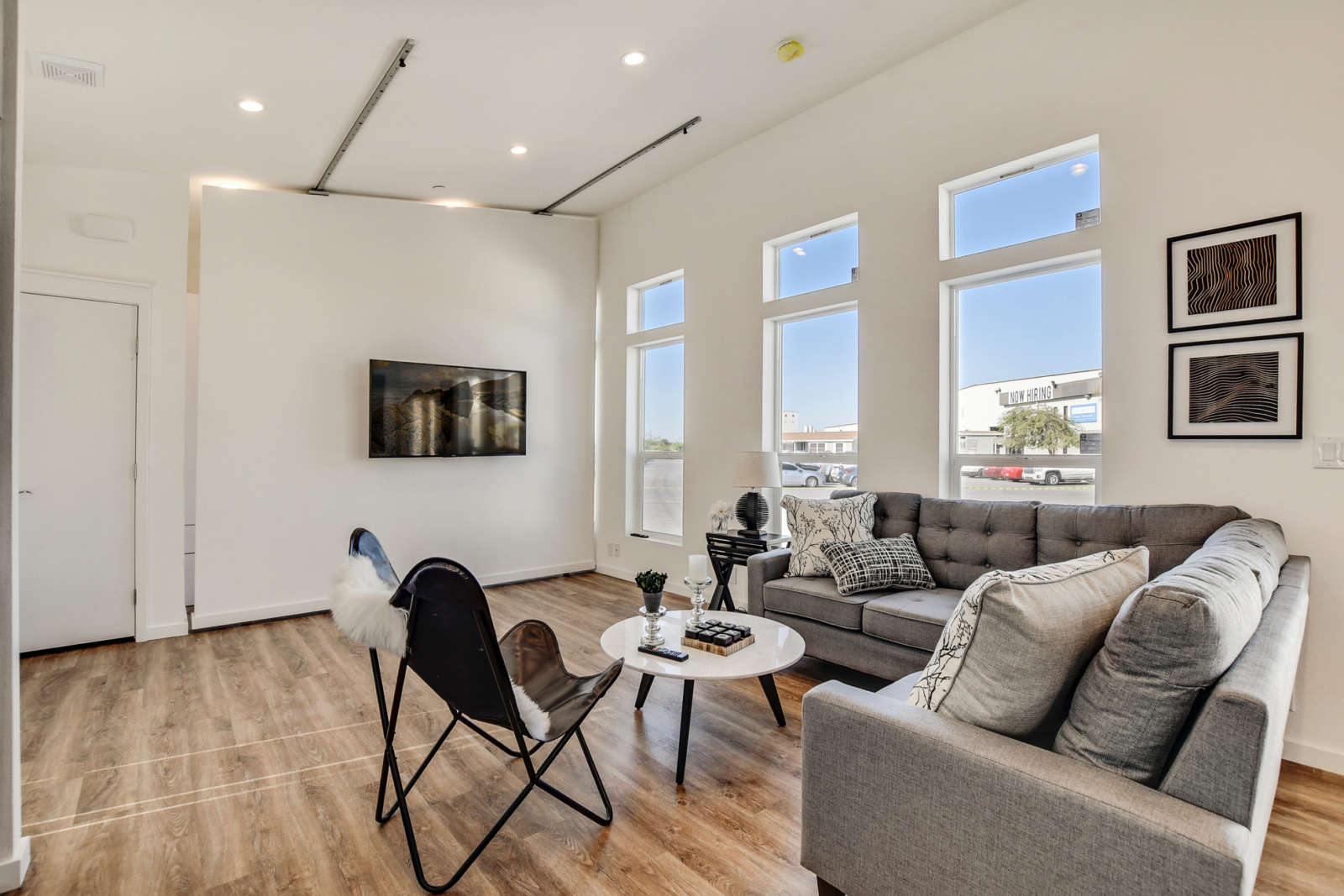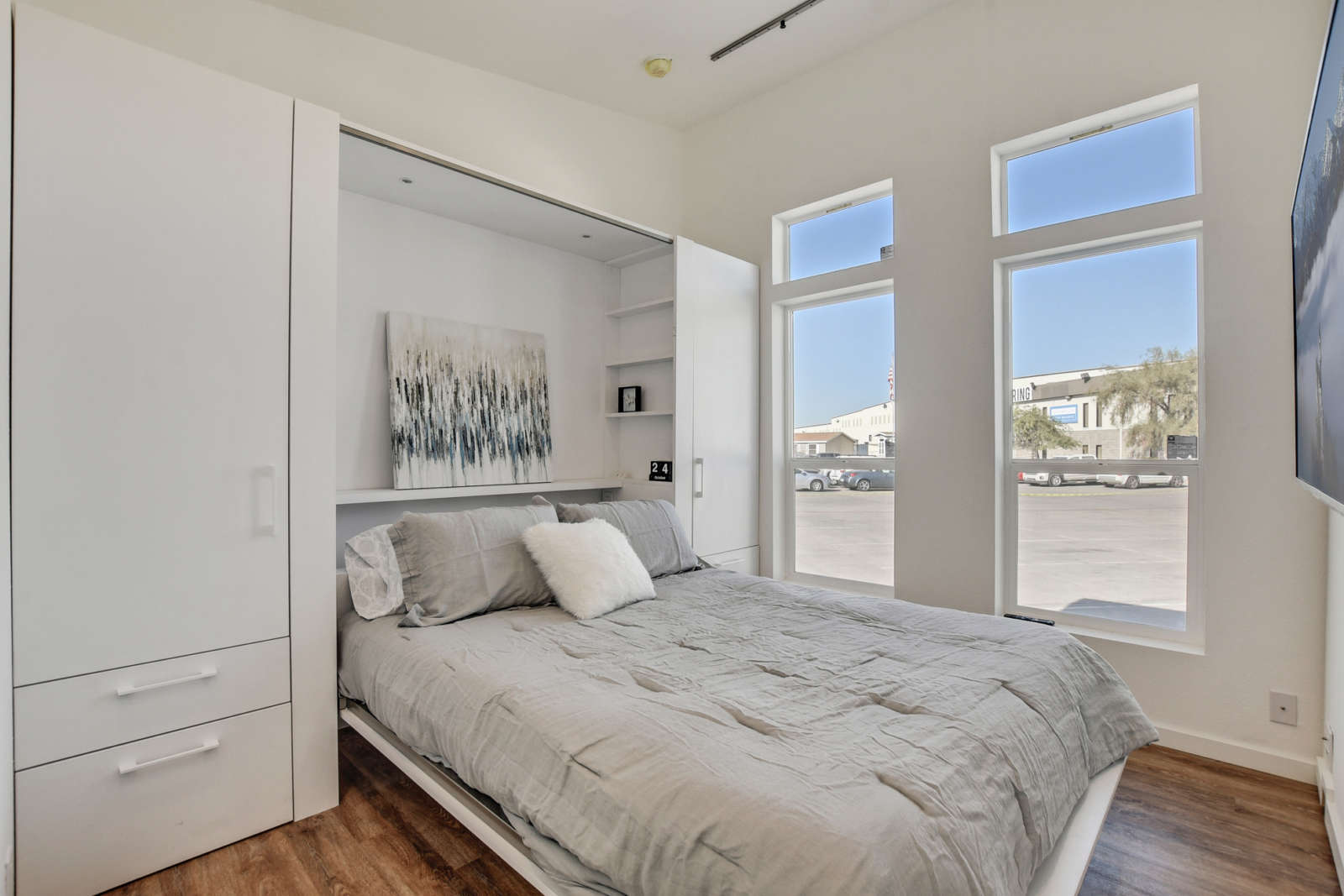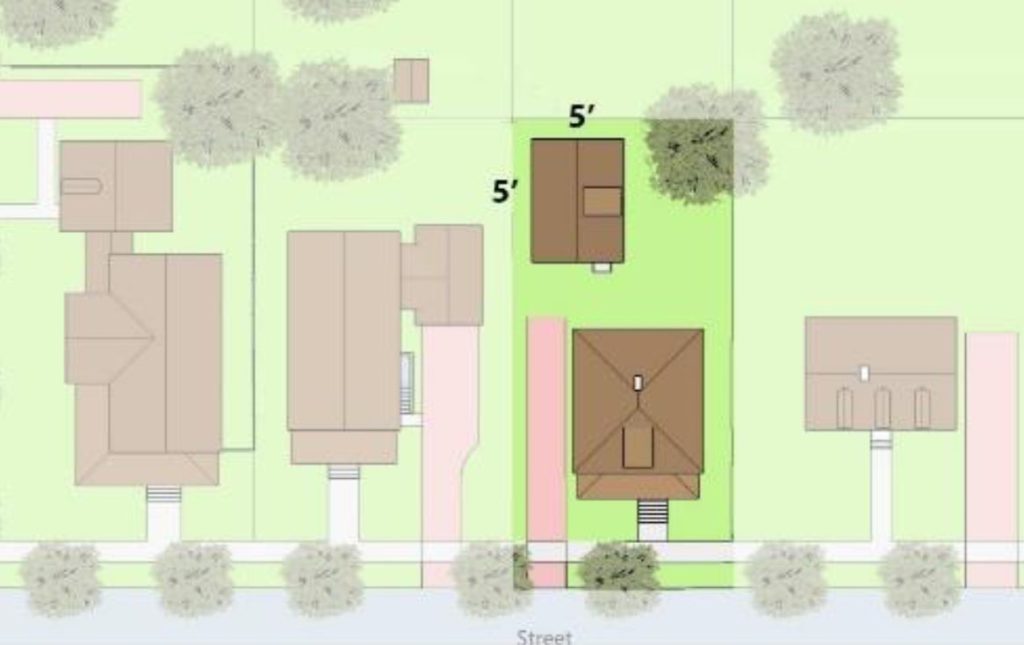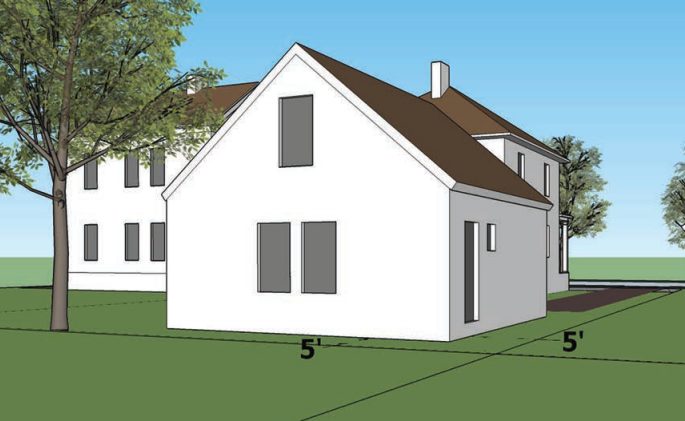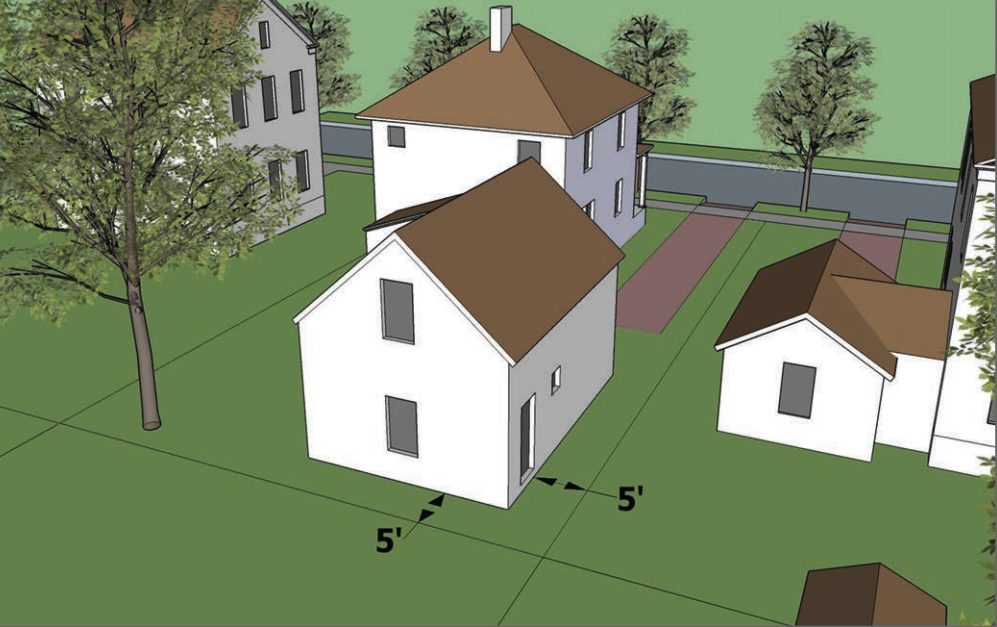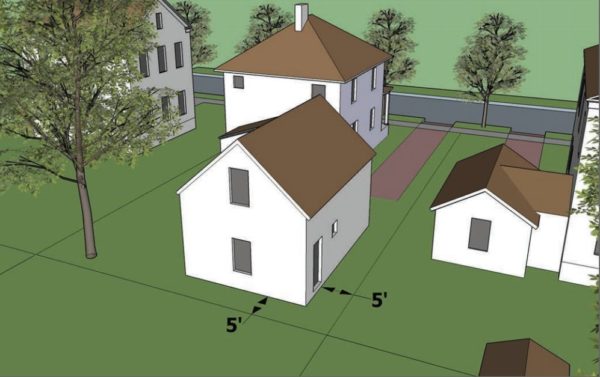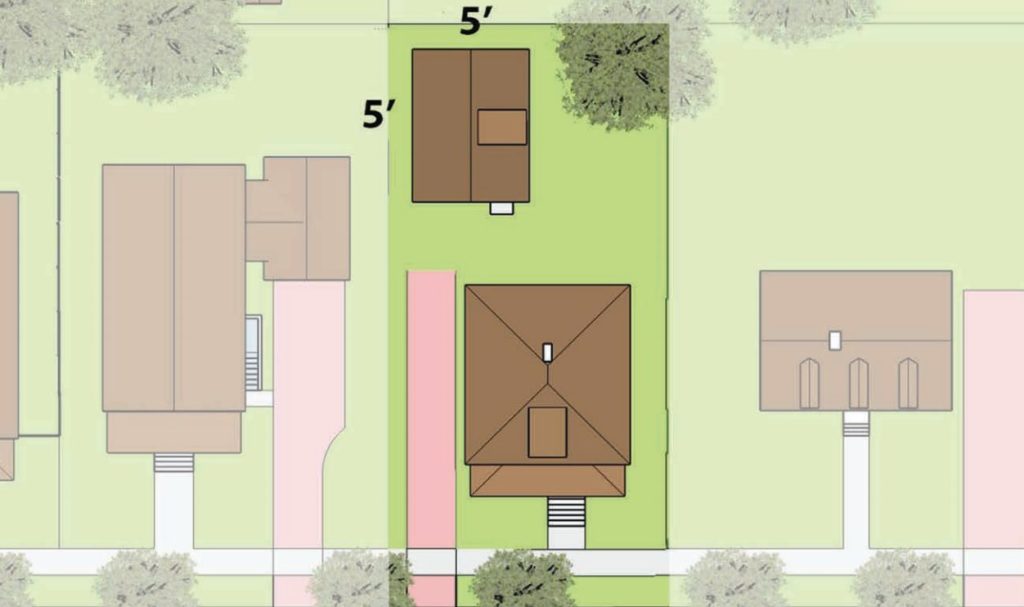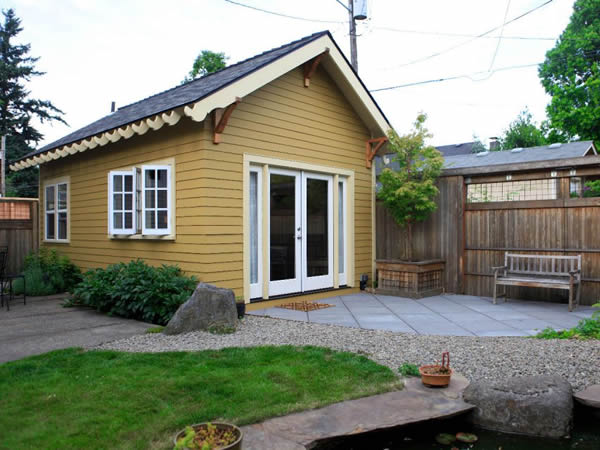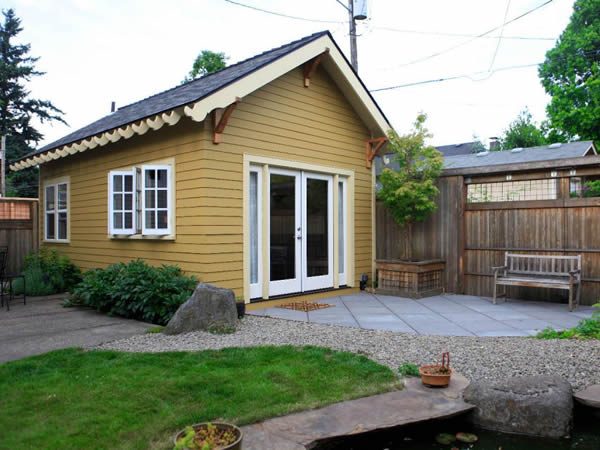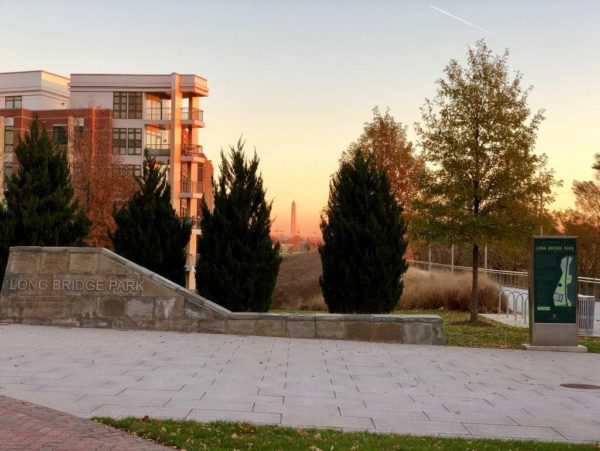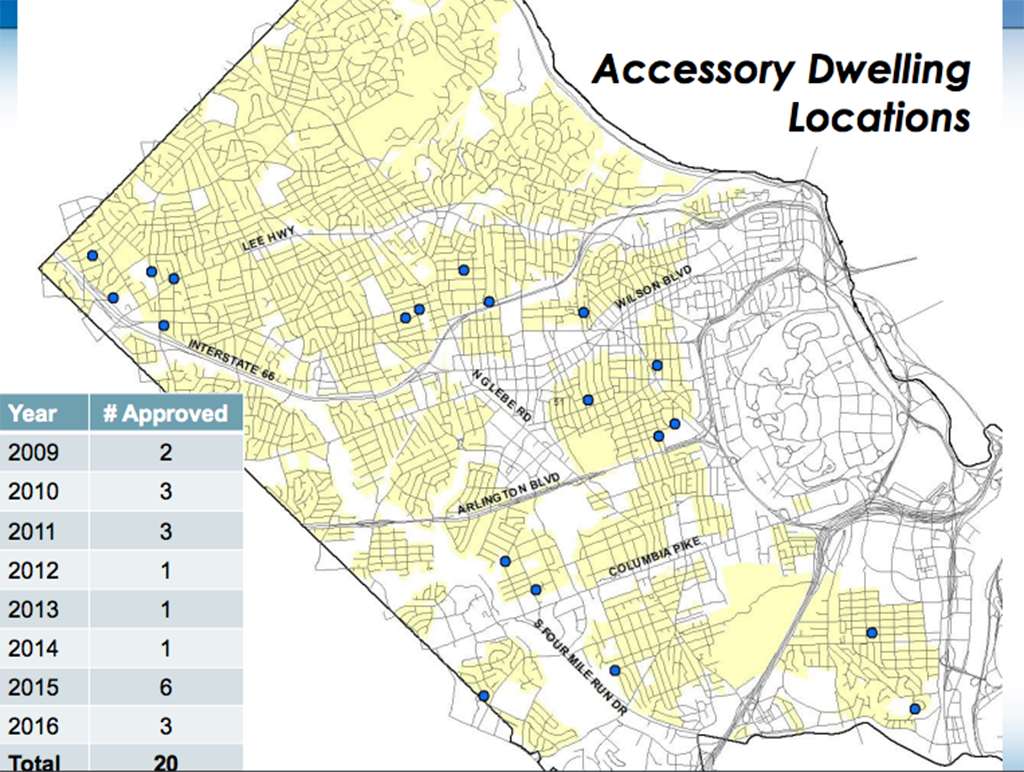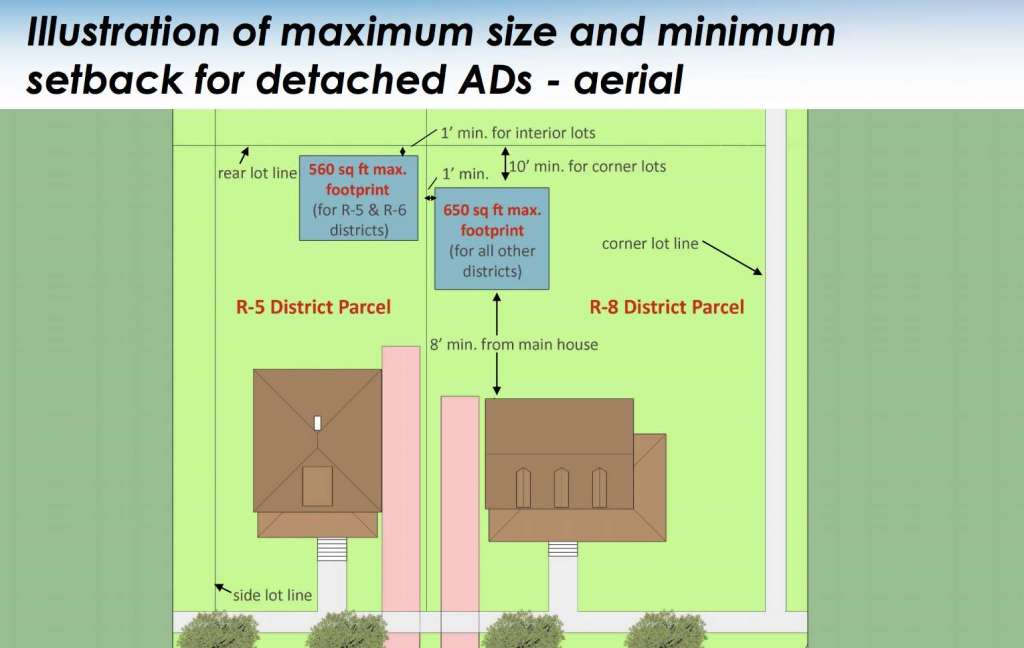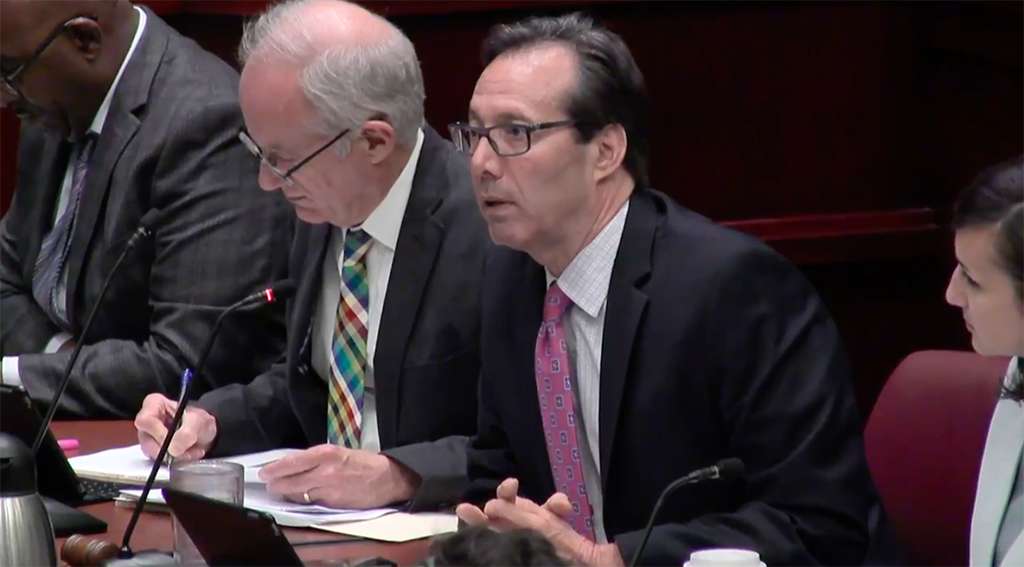Granny flat, in-law suite or accessory dwelling unit: Slowly but surely, these standalone homes, known by many names, are starting to be built in backyards in Arlington County.
“These are not tiny homes,” said Michael Novotny, the owner of Backyard Homes, which builds accessory dwelling units, or ADUs. “These are real, high-functioning, high-performing homes that you can move into and you can live very comfortably in.”
ADUs, which can take the form of a basement or attic apartment or standalone structure, are built on existing properties but are separate from the primary residence. They have been billed as a low-cost way to boost affordable housing stock.
The County Board first approved standards for these buildings in 2008, and last amended those standards in May 2019 to encourage more construction. From when the changes took effect in July 2019 until January of this year, the county says it has approved applications for 57 accessory dwelling units.
As of 2019, Arlingtonians living on land zoned for single-family homes can build detached ADUs on their property without first seeking county permission. Previously, homeowners could only build such a unit inside their house or convert an existing outside structure into one.
New ADUs have to be at least 5 feet away from the property lines, and on corner lots, 5 feet from the side yard line and 10 feet from the rear yard line. To be used as Airbnb or VRBO units, owners must apply for an accessory homestay permit.
Of the 57 applications approved since July 2019, 22 were for new detached dwellings, 24 were for attached dwellings and 11 were converted from existing buildings, said Jessica Margarit, a spokeswoman for the Department of Community Planning, Housing and Development.
She cautioned that ADUs alone cannot solve Arlington’s lack of housing options.
“Accessory Dwellings can add to the variety of housing options that are available in Arlington, but are not intended as a stand-alone solution to Arlington’s housing shortage,” she said. “The county is exploring a range of ideas to address housing supply and housing affordability through the Housing Arlington initiative.”
Local developers and housing experts say that 57 units since 2019 is a small number compared to where ADUs are flourishing: in Los Angeles County and Humboldt County in California, and the cities of Seattle and Portland. They attribute Arlington’s current pace to barriers in county policies and financing hurdles.
“The biggest current barrier in Arlington is that the county has an owner-occupancy requirement in place,” said Emily Hamilton, a Senior Research Fellow and Director of the Urbanity Project at the Mercatus Center at George Mason University. “It creates barriers to homeowners who want to add one.”


